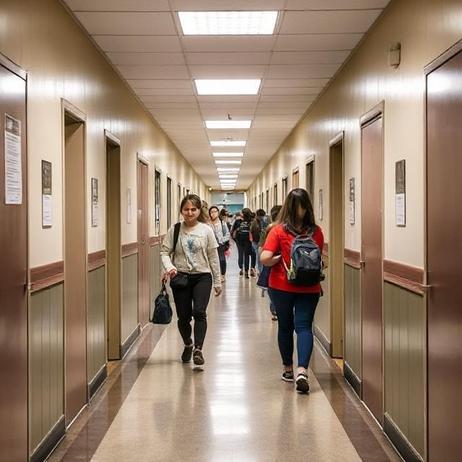Famous Boarding School Alumni and What They Teach Parents
Boarding schools have shaped generations of leaders, innovators, artists and global citizens. For many parents considering this path in 2026, understanding not only the legacy of boarding school alumni but also the current realities of cost, enrollment trends, application cycles and student support matters deeply. This updated article illuminates both the accomplishments of notable boarding school graduates and the practical planning insights families need today.
Why Alumni Matter to Parents
Notable alumni often exemplify the holistic development boarding schools promote: rigorous academics, personal resilience, community engagement and leadership. Alumni achievements can help parents gauge the long-term value of the boarding experience and how schools nurture talent across disciplines. Many boarding schools cultivate alumni networks that support current students with mentorship, internships and college guidance, extending benefits beyond graduation. The success of such networks is frequently a point of emphasis in admissions materials and school visits.
Examples of Notable Alumni
Boarding school alumni appear across fields from politics and business to arts and sciences. Prestigious boarding institutions have produced world leaders, entrepreneurs and cultural figures who illustrate the range of paths a boarding education can support:
Phillips Exeter Academy alumni include Facebook founder Mark Zuckerberg, U.S. President Franklin Pierce and numerous public officials, Nobel laureates and business leaders, reflecting deep academic and leadership preparation.
Across the broader boarding school landscape, actors and artists such as Steve Carell and



















